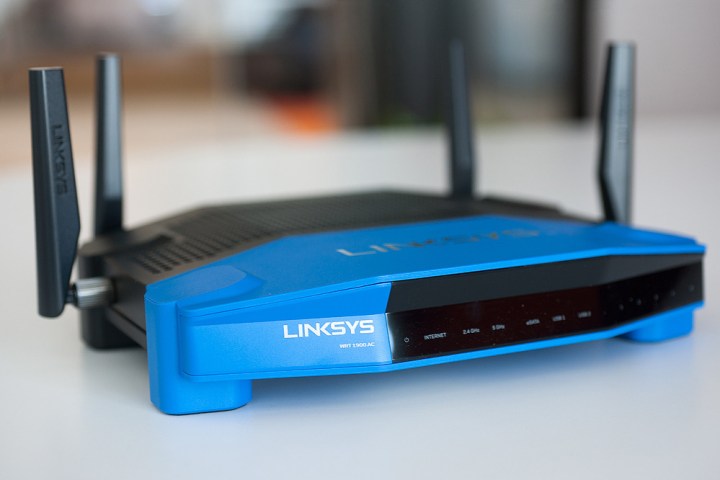
Federal Communications Commission (FCC) rule changes require router makers to stop users from turning off dynamic frequency selection (DFS). This feature scans the local area for, among other things, nearby FAA Doppler weather radar systems that 5GHz routers sometimes interfere with. Some routers allow this setting to be disabled in the stock firmware, causing problems with the FAA and other agencies, but the most common way to disable it is using third-party router firmware like DD-WRT.
Come June 2, the FCC is requiring all routers to prevent users from disabling DFS. The decision itself does not make installing DD-WRT illegal, but it’s hard to simultaneously allow users to install their own firmware while also preventing features from being configured. As such, many router companies have announced they’re blocking all third-party firmware.
Linksys plans to be an exception, at least when it comes to its WRT line. Open WRT, a Linux-based firmware for routers, was originally designed for Linksys’ WRT line. DD-WRT, a famous variation of Open WRT, is many power users’ tool of choice for giving routers new powers not provided by the stock firmware.
In part because of this history, Linksys is working to comply with the FCC regulations without banning third-party firmware outright. This means DFS will beyond the capability of any firmware to configure, first- or third-party. It’s harder to implement, and goes against the spirit of open source, but it’s the only legal option.
It’s easy to see this as a marketing move on Linksys’ part, but at this point, fans of open router firmware need to take what they can get. And at the very least, Linksys router product manager Vince La Duca is speaking their language, as a few quotes from an Ars Technica article on the situation make clear.
“The real benefit of open source is not breaking the rules and doing something with malicious intent,” La Duca said. “The value of open source is being able to customize your router, to be able to do privacy browsing through Tor, being able to build an OpenVPN client, being able to strip down the firmware to do super lean, low-latency gaming.
“It’s not about ‘I’m going to go get OpenWrt to go and piss off the FCC.’ It’s about what you can do in expanding the capabilities of what we ship with.”
Longtime DD-WRT users have been saying this for months, but the FCC hasn’t done much to make them feel better. At least Linksys is listening — perhaps in time other router makers will too.


